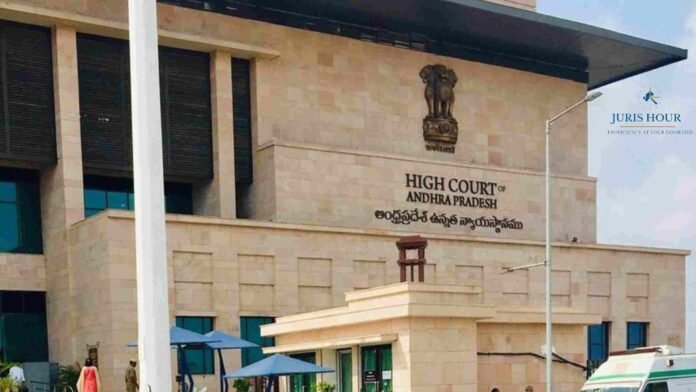The Andhra Pradesh High Court has refused to directly adjudicate a massive Rs. 130.61 crore GST demand dispute, holding that issues involving alleged fake Input Tax Credit (ITC) claims and questionable transport documentation must be examined by the appellate authority under the Goods and Services Tax (GST) framework.
The Bench of Justice R. Raghunandan Rao and Justice Challa Gunaranjan held that the matter involved disputed questions of fact, such as the existence of suppliers and verification of transport records. These could not be resolved in writ jurisdiction but should be examined by the appellate authority under GST law.
The dispute arose from assessments carried out by the State GST department for the financial years 2017–2021. Officials alleged that the assessee had availed ITC from non-existent suppliers and produced transport documents with vehicle numbers that were not capable of carrying steel scrap. Based on these findings, authorities passed an assessment order under Section 74 of the APGST Act, raising a demand exceeding ₹130 crore, inclusive of tax, penalty, and interest.
The company involved contested the order, arguing that the audit exceeded statutory limits under Section 65(4) without proper extension from the Commissioner. The case should have been assessed under Section 73 (non-fraudulent cases) rather than Section 74, since there was no evidence of fraud or wilful suppression. The proceedings were barred by limitation, and invoking Section 74 was a deliberate attempt to bypass time restrictions.
The tax department maintained that the assessee availed credit based on fake invoices from non-existent entities. There was no evidence of actual movement of goods, and several transport vehicles cited in invoices were incapable of carrying heavy loads. These factors justified action under Section 74, which covers fraudulent tax evasion and allows extended time limits.
The Court also noted that the assessee had already deposited 10% of the disputed tax, which would be treated as the mandatory pre-deposit under Section 107 of the GST Act.
Disposing of the writ petition, the High Court granted three weeks’ time to file an appeal and clarified that the period spent in writ proceedings would be excluded from the limitation calculation. The appellate authority was directed to consider the appeal on merits without rejecting it for delay.
Case Details
Case Title: M/S.Sakthi Ferro Alloys India Pvt.Ltd Versus The State Of Andhra Pradesh
Case No.: WRIT PETITION NO: 27655/2024
Date: 26.09.2025
Counsel For Petitioner: Uttara Legal
Counsel For Respondent: GP
Read More: Calcutta High Court Directs GSTN to Activate Taxpayer’s Portal, Stays Order Pending Appeal

